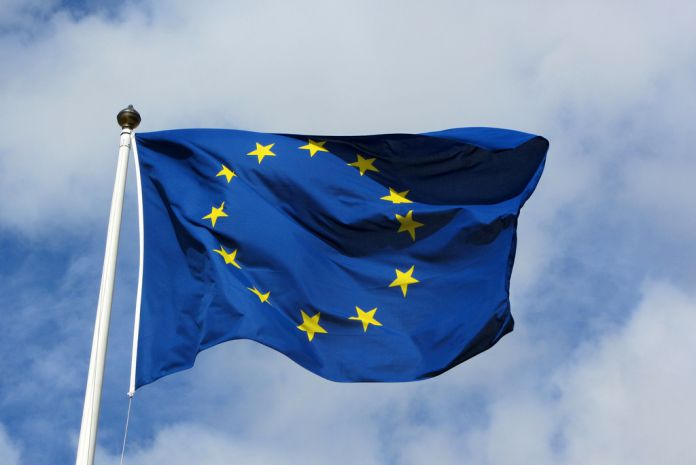The original ruling found Qualcomm guilty of anti-competitive practices. The EU Commission asked the company for information on the matter, but was not given it. In response, the charge was made and the fine set in place. Qualcomm appealed, but lost today. The company was accused of attempting to squeeze British smartphone software company Icera out of the market. Europe’s General Court in Luxembourg was asked to suspend the fine and the ruling, but instead upheld the decision. In a statement, the European Commission welcomed the decision. Court President Marc Jaeger says Qualcomm failed to supply enough information: “The applicant does not claim that its financial viability would be at risk or that its market share could be affected substantially,” he said. “Furthermore, it does not give any explanation as to why it would be impossible to seek compensation for the alleged financial costs it would suffer by answering the questions.” Qualcomm now faces another EU antitrust battle. The company is accused of making illegal payments to companies if they used its processors exclusively. Apple and Samsung are also at loggerheads with the chipmaker over its practices.
Tackling Europe
Europe has often been harder on tech companies that other regulators. The continent has taken a strict line against potential monopolization. Apple has been targeted by the Commission for alleged tax favors in Ireland. Google has recently been given the largest antitrust fine in EU history. The company has consistently fallen foul of regulators on the Old Continent and was fined $2.7 billion for the way it handles shopping searches. Microsoft is also a frequent sparring partner for the Commission. The company is currently sitting on an antitrust accusation filed by Kaspersky Lab. The Russian security company says Microsoft stifles third-party anti-virus providers through Windows 10 updates.




